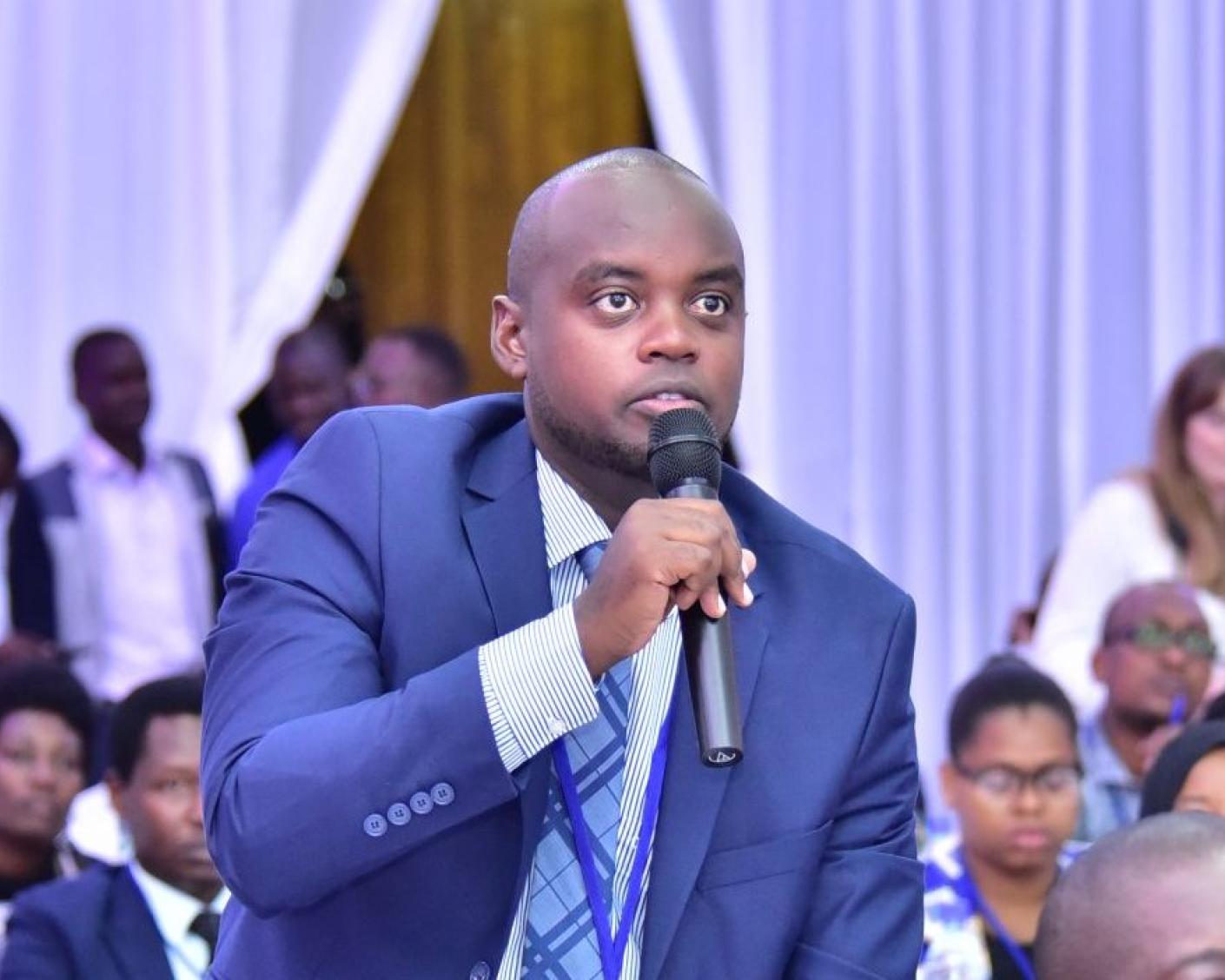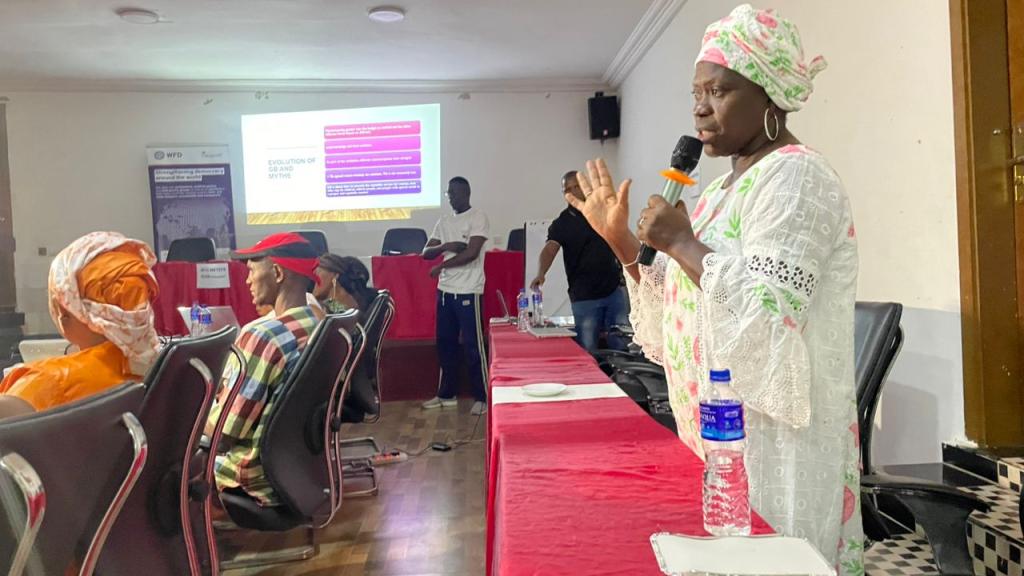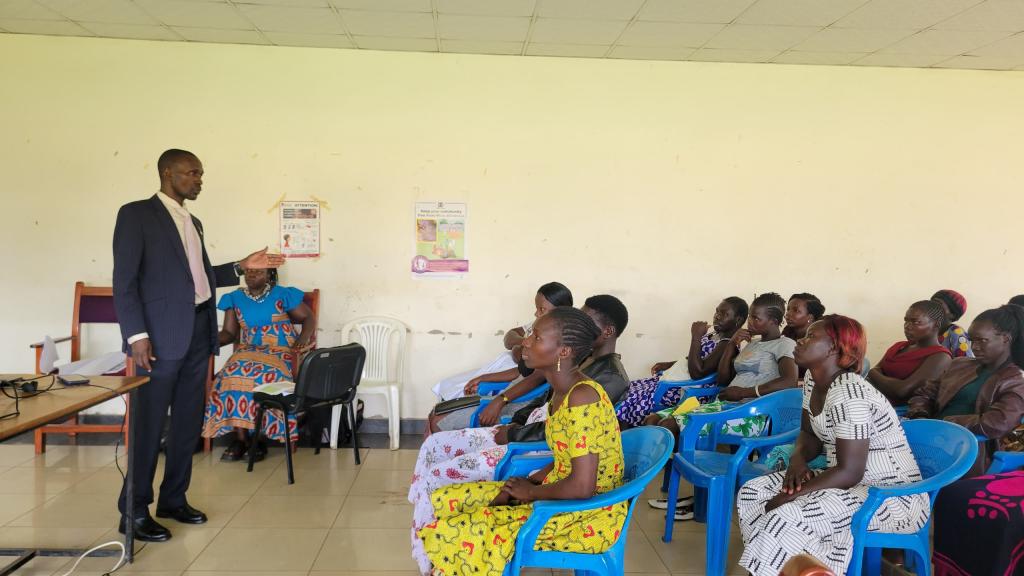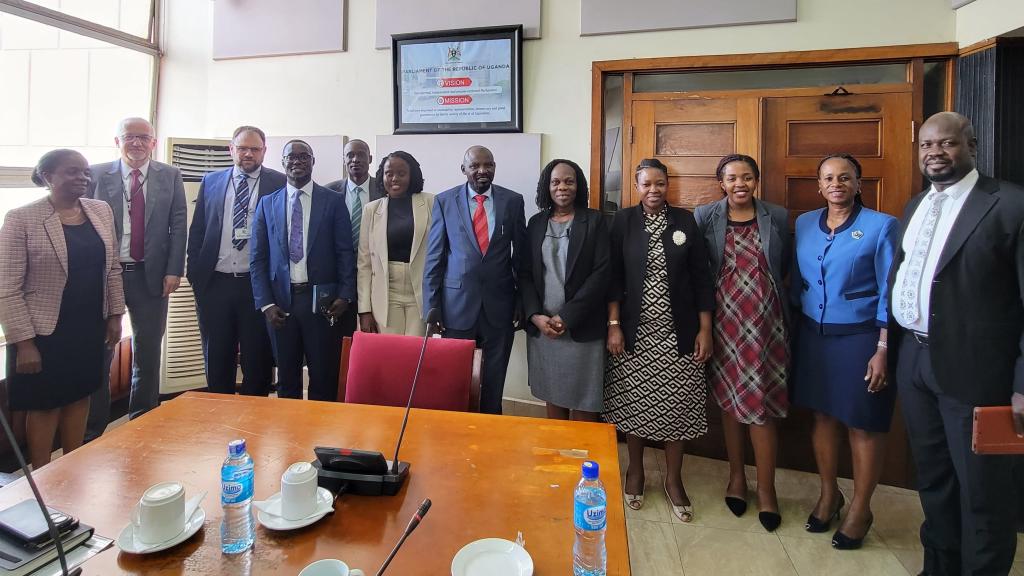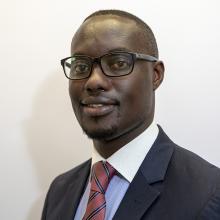Key areas of work
Current programmes
WFD is working in Uganda to strengthen the capacity of both state and non-state actors to promote inclusive governance, human rights, and accountable public institutions. Through strategic partnerships with parliament, civil society, and inclusion champions, WFD supports collective action to protect rights, influence policy development, and improve public oversight. Key areas of focus include enhancing the effectiveness of parliamentary committees, especially those focused on accountability and human rights, empowering youth and women leaders to advocate for change, supporting post-legislative scrutiny, and advancing environmental democracy. By creating platforms for dialogue and coordination, WFD ensures that national policies are responsive to citizens’ needs and that democratic processes are transparent, inclusive, and participatory.
Completed programmes
Strengthening national youth participation and representation in Parliament of Uganda
This programme supported the Uganda National Dialogue Process to mobilise and organise women and young people from across the different regions of Uganda to achieve three inter-related objectives:
- Enhance the understanding of women and young people about the mission, goals and anticipated outcomes of the process
- Discuss the proposed dialogue themes and present specific issues of interest to the relevant decision-making spaces in the process
- Improve their organisation to sustain demand on the process to ensure that it addresses the concerns particular to women and young people.
East African commonwealth youth leaders programme
To place young people at the forefront of the regional development agenda of the EAC, WFD in partnership with youth organisations across the East African Community (EAC) implemented the East African Commonwealth Youth Leaders Initiative. The initiative provided a platform for youth leaders to raise their voices and meaningfully participate in discussions about governance issues which affect development in the region. WFD also promoted the African Charter on Democracy Elections and Governance (ACDEG). We did this by identifying stakeholders, convening key youth actors in governance, and engaging the Uganda legislature to push for the signing, ratification, and domestication of ACDEG. This initiative was delivered through the Commonwealth Partnership for Democracy (CP4D).
Commonwealth Equality Project, Uganda (2020-2021)
Commonwealth Equality Project (CEP) programming interventions aimed at promoting gender inclusion of women and girls through the revision of gender policies which included sexual offences, succession amendment bills as well as re-entry and retention of teenage mothers in schools. Over the six months of implementation, WFD worked to support the development of skills and tools of civil society actors and build collaborative relationship between civil society and decision makers, convening a series of roundtable discussions and opportunities for engagement. The programme strengthened the internal organisational capacity of gender inclusion focused civil society organisations CSOs) and human rights defenders, supported them to develop tools and knowledge to address inequality and the marginalisation of women and girls.
Global Equality Project (GEP) Phase 1 (August 2021-March 2022)
Uganda’s GEP 1 Project set out to promote gender equality among women, girls and other groups by contributing to the creation of responsive policy and legal frameworks that address their needs.
It created avenues between MPs, civil society organisations and other key stakeholders in Uganda, promoted gender equality among women, girls, and other minority groups by contributing to the creation of responsive policy and legal frameworks that address their needs.
Strengthening women and youth participation and representation in Uganda (2017-2019)
Funded by the Democratic Governance Facility (DGF), the purpose of the project was to create an enabling environment for women and youth resulting from gender and youth-sensitive policies and laws. WFD supported the creation of responsive and better coordinated policy and legal frameworks at the national level. We did this by helping to increase the participation and representation of youth and women in the policy-making process, and facilitating pro youth, women, and gender-sensitive legislation.
East African commonwealth youth leaders programme (CP4D 2019-2020)
The objective of this programme was to place young people at the forefront of the regional development agenda of the EAC, WFD in partnership with youth organisations across the East African Community (EAC) implemented the East African Commonwealth Youth Leaders Initiative. The initiative provided a platform for youth leaders to raise their voices and meaningfully participate in discussions about governance issues which affect development in the region. WFD also promoted the African Charter on Democracy Elections and Governance (ACDEG). We did this by identifying stakeholders, convening key youth actors in governance, and engaging the Uganda legislature to push for the signing, ratification, and domestication of ACDEG. The key achievement of this Programme was the creation of an active platform that brings together the different East African Youth Leaders’ to share good practices for advocacy lobbying and issue-based youth engagement. Through this platform WFD organised the first ever East African Youth Parliament that resulted in EALA members resolving to institutionalise the East African Youth Assembly session within the EALA as an annual event. The East African youth Assembly is now fully recognised as an annual event.
Key results
Promoted Environmental Democracy (ED) and established the Environmental Parliament
WFD worked with key stakeholders to create an Environmental Parliament, enabling ED Champions to influence parliamentary practices—for example, in areas such as budget compliance.

Advanced legislation to be more inclusive
WFD supported parliament in amending the Public Procurement and Disposal of Public Assets (PPDA) Act in favour of companies owned by women, youth, and persons with disabilities.
Supported youth initiatives
Supported the first East African Youth parliament on the ratification and domestication of African Charter on Democracy, Elections and Governance (ACDEG).
Supported job preservation
4,000 jobs saved in Uganda’s Sugar Industry Following Intervention by Young MPs in Partnership with WFD.
Mentoring sessions for women MPs
Conducted mentoring sessions for 30 new women MPs following their election in 2021 (in partnership with UN Women and UWOPA).
Latest news
Contact us
3rd Floor, Rumee House, Plot 19
Lumumba Avenue
Kampala
Uganda
